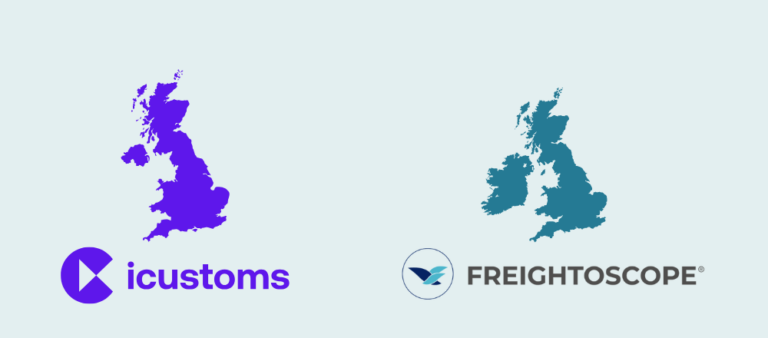Fast & Accurate ENS GB & EU ICS2 Solutions Built for You.
De Minimis Threshold: A Big Impact on International Trade
-
Freya Jane
- Director of Customer's Success
Imagine shipping your goods internationally without worrying about border taxes and duties. Isn’t that too good to be true?
Interestingly, this is the case in some situations. Some shipments can avoid these taxes altogether because of a rule known as the de minimis threshold. Translated from Latin as “too small to be significant,” this threshold permits items valued below a specified level to enter some countries duty- and tax-free.
The issue is that thresholds can alter over time and differ by nation, so businesses must stay informed and ensure their products are valued accurately.
This post explains the de minimis threshold’s implications for businesses engaged in international trading.
What is the de minimis threshold in international trade?
The de minimis in international trade refers to the minimum of goods being imported below which customs authorities charge no taxes or duties. The value varies from country to country and significantly impacts businesses engaged in international trading.
Understanding the de minimis threshold value is important to ensure transparent pricing, optimise shipping strategies, and effectively navigate customs laws and regulations.
De minimis value by region
The de minimis value for different countries is listed below:
How de minimis can be beneficial for e-commerce businesses?
The de minimis rule can significantly benefit many e-commerce businesses in the following ways:
Cost reduction and price optimisation: Companies can cut expenses and improve pricing by adhering to de minimis thresholds, which also help them avoid import taxes and tariffs.
Market expansion: Since fewer customs barriers lower the cost of entry, higher de minimis values facilitate enterprises’ access to new markets.
Supply chain efficiency: By organising shipments to fulfil de minimis requirements, the customs declaration procedure can be streamlined, cutting down on expenses and delays.
It’s crucial to keep in mind, though, that de minimis values are not universally applicable. Businesses need to be educated and modify their plans in accordance with the different legislation and requirements in various nations.
Let iCustoms help you optimise your global shipping strategy. Start Now!
How can the de minimis rule be beneficial for consumers?
The de minimis threshold has benefits that extend beyond business and affect the consumers.
Reasonably priced international shopping: Reduced customs charges result in lower product costs, increasing the accessibility of foreign items.
Greater product variety: By expanding into new areas, sellers can provide a more excellent selection of goods, increasing customer options.
Easy delivery processes: Customers benefit from quicker shipping and fewer surprises at checkout when customs processing goes more smoothly.
The impact of de minimis criteria is evident, as the worldwide parcel market is expected to expand at a compound annual growth rate (CAGR) of 11%, reaching 266 billion parcels by 2026. However, local companies and customs officials are also alarmed by this increase, prompting recurring global changes to threshold levels.
How can you maximise the benefits of de minimis rules?
To maximise the benefits of the de minimis rule, follow these strategies:
Divide shipment strategically: To adhere to daily allowance restrictions, such as the US Section 321 rule, distribute shipments over several days.
Use automated solutions: Invest in tools to efficiently manage compliance, optimise shipping, and monitor threshold changes.
Change packaging design: Compact, lightweight packaging complies with threshold standards and lowers delivery expenses.
Expand logistics network: Investigate alternate shipment routes and delivery techniques to find affordable, threshold-compliant options.
Collaborate with experts: To handle intricate customs procedures and guarantee on-time delivery anywhere in the world, team up with trade compliance companies like iCustoms.
Wrapping up
Businesses can improve customer satisfaction, cut expenses, and streamline their international shipping operations by comprehending and utilising the de minimis threshold. Staying current on de minimis rules and regulations is crucial for long-term success as global trade changes.
Consider speaking with customs specialists at iCustoms to maximise your shipping tactics and guarantee adherence to regional laws and regulations.

Contact iCustoms now to streamline compliance and enhance your international trade success!
You may also like:
Tired of compliance issues, delays, and fines? Streamline your operations with iCustoms.
Reduce costs, minimise risks, and improve efficiency
Subscribe to our Newsletter
About iCustoms
Tired of compliance issues, delays, and fines? Streamline your operations with iCustoms.
Reduce costs, minimise risks, and improve efficiency


